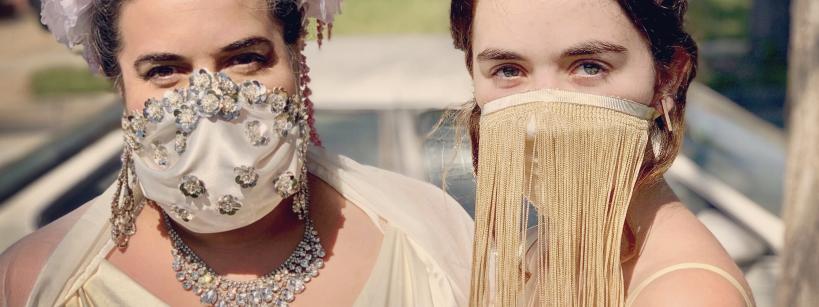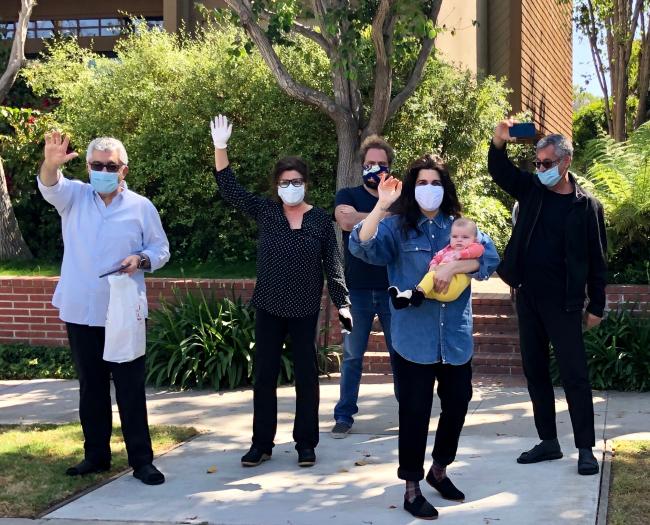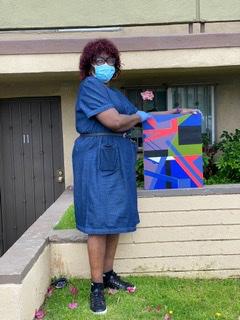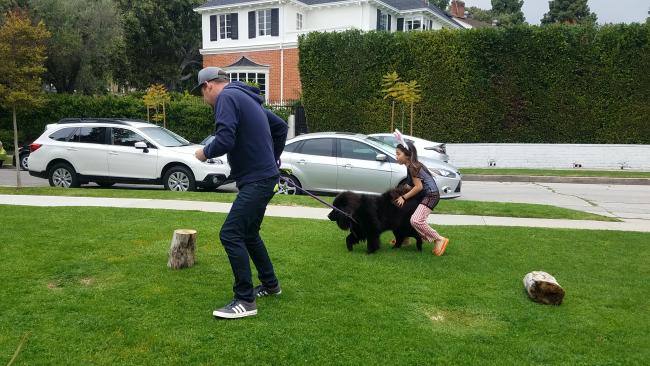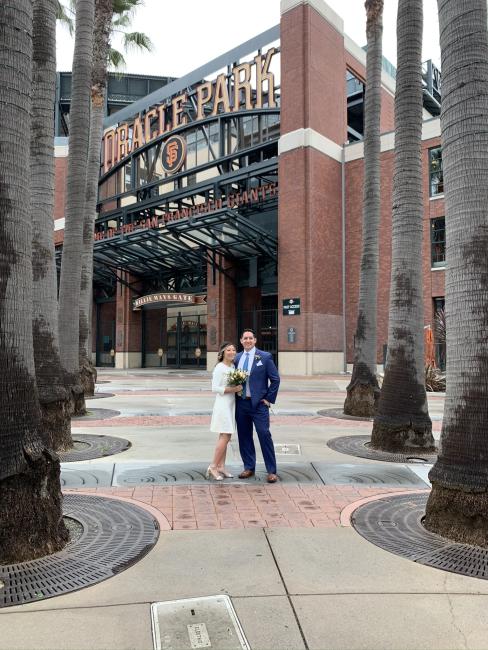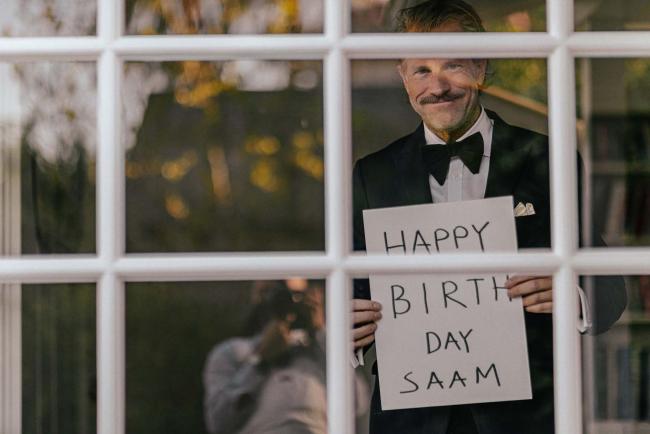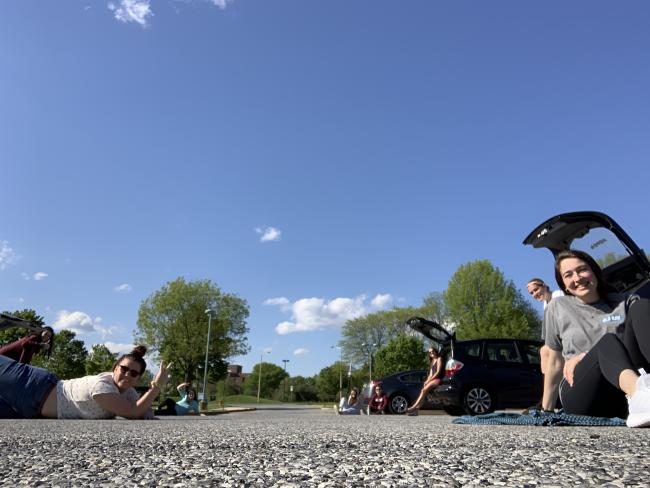Even holidays have not been spared. When usually Americans would gather in crowds to celebrate, the festivities this year have been intimate affairs. In past years, Teena Apeles’ family had large Easter celebrations, but this year, Apeles explains that “together our family of three came up with a fun obstacle course to especially keep our 7-year-old's memories of Easter (and ours) as something to treasure even in isolation.” The pandemic has impacted other religious gatherings. Bint Al-Shalabiya now meets once a week with fellow Sufi dervishes via Zoom. She made accommodations by observing Ramadan on this new online format. Apeles and Al-Shlabiya have made creative changes to their sacred days in order to keep their communities safe.
Mother’s Day has also taken a hit. With the elderly population being especially at risk, many opted out of celebrating Mother’s Day in fear of infecting their loved ones. Annie Rose Boyd-Hargrove usually has a large and momentous Mother’s Day with her 5 children, 11 grandchildren, and great-grandchild. This year, Boyd-Hargrove had to settle for telephone calls and social media messages. Randi Malkin Steinberger found a way to see her family from a distance. Steinberger organized a drive-by Mother’s Day visit where she waved to her loved ones from the sidewalk. While these holiday changes are made with heavy hearts, many Americans are willing to sacrifice a large gathering and temporarily replace it with an intimate socially distanced event.
Isolation has also sparked new celebrations that offer a temporary escape from the pandemic. Adorned with extravagant dresses and matching masks, Añalisa Siemsen-McQuaide hosted a COVID-safe Met Gala-inspired event with friends and neighbors. Siemsen-McQuaide explains how this event gave her and her daughter “something to work on to take their minds off of being 'stuck in the house' and have a reason to dress up and feel fancy.” The vast collection of submissions demonstrate the imaginative ways Americans are contending with the limitations of a pandemic world.
Unfortunately, not everyone has been as mindful and precautious with their celebrations. Most recently, some Americans gathered in large groups to watch the Superbowl. Despite a segment of the population’s careless actions in regard to public safety, the CCHI submissions have highlighted how many people are willing to alter their lives for the greater good.
While the pandemic has altered people's day-to-day lives, it has not kept them from living it to their fullest. Submissions to the CCHI initiative have revealed the innovative and creative ways Americans are approaching important dates. Although no one would voluntarily choose these new conditions, the West has adapted remarkably well to this challenge. The isolation caused by the pandemic has made us remorseful and melancholy, yet if these submissions have taught us anything, it is that Americans in the West are resourceful, creative, resilient, and willing to put the safety of their community first.
